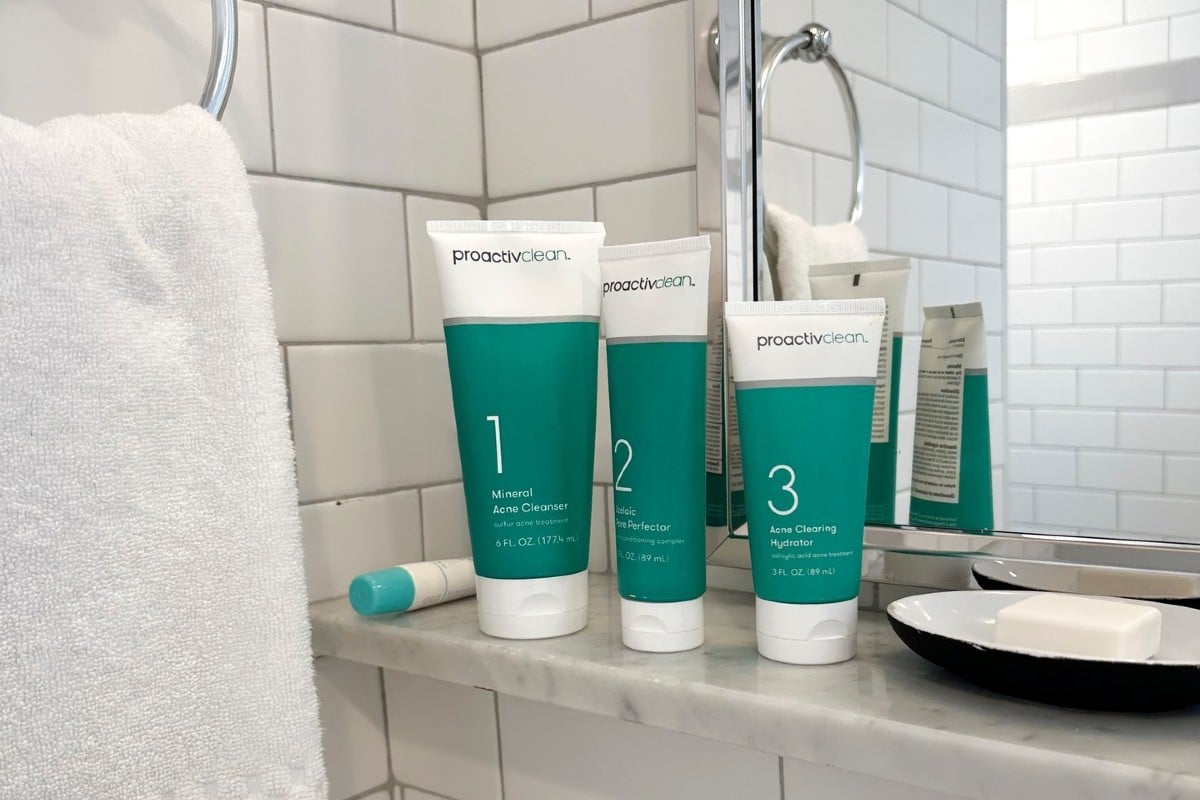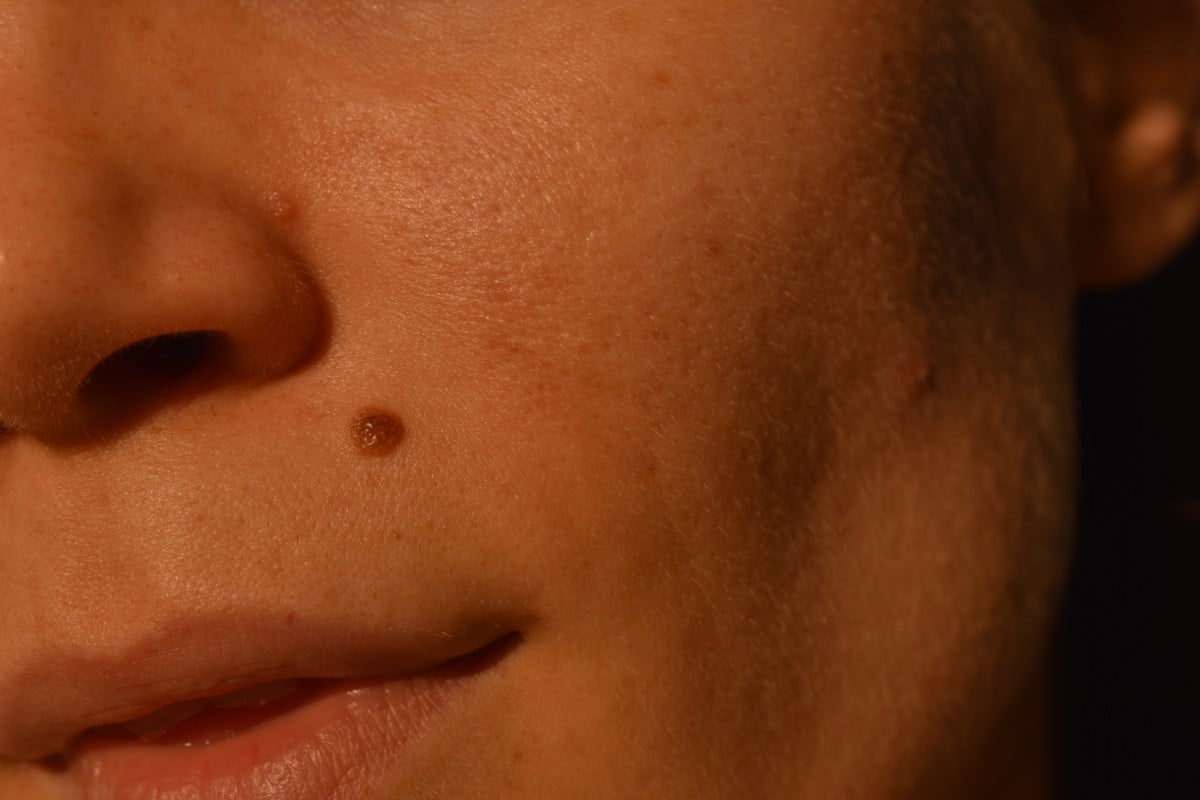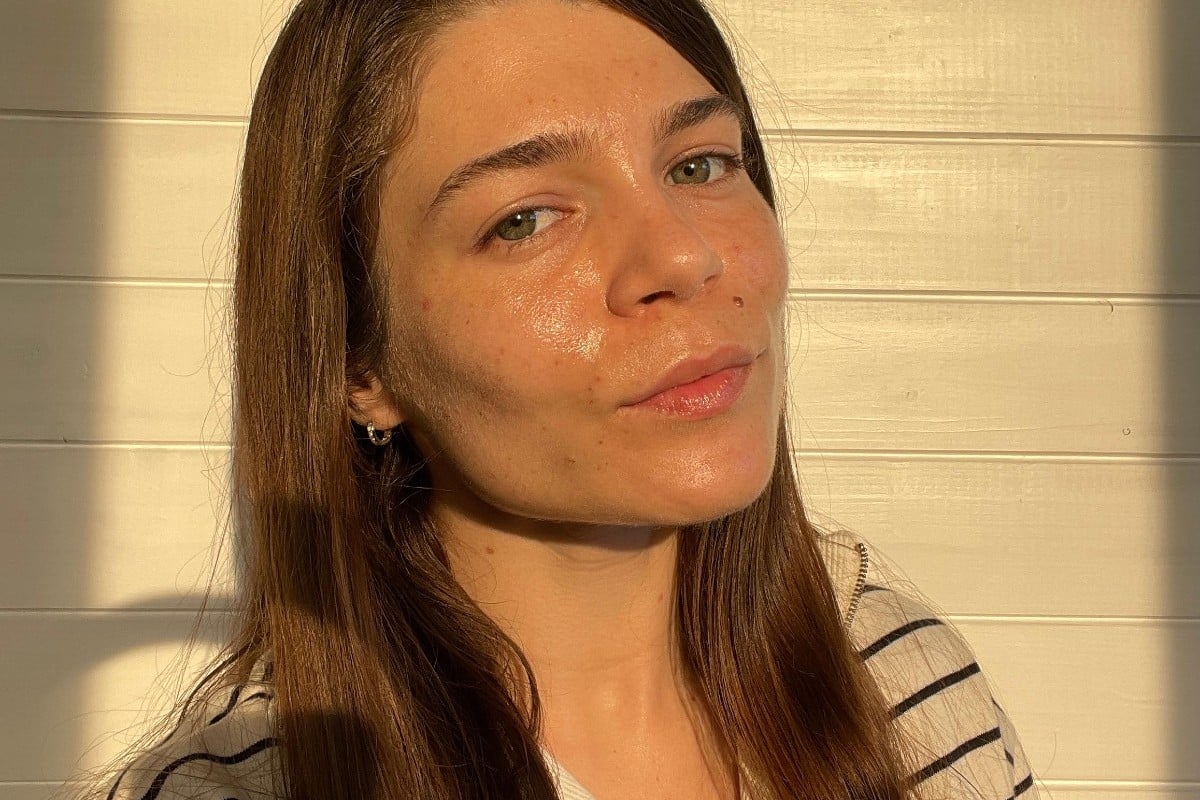Probably you’ve heard a lot lately about cannabidiol oil (also goes by CBD), as it has been creating quite a noise in the skincare world. Simply put, the benefits of cannabinoids are staking their claim to the beauty reals thanks to their healing, calming, antibacterial and anti-inflammatory properties. While CBD oil comes under legal and moral questions for some, you can’t ignore the incredible healing power it possesses and how versatile is as a natural remedy. That said, continue reading to learn everything there is to know about CBD in skincare, from benefits to safety concerns to how to use it.
What is CBD oil?
CBD oil — which also goes by cannabidiol — is the oil extracted from the leaves and flowers of the cannabis plant. It’s one of the 113 identified cannabinoids in cannabis and accounts for up to 40% of the plant’s extract, having promising antioxidant, antibacterial and anti-inflammatory benefits. Most of the time, CBD is extracted as powder and mixed with a carrier oil, such as coconut or olive, to produce CBD oil.
Cannabis infusions act on a peripheral basis without entering the bloodstream, so they can be safely used with zero psychoactive effects on your body or any risk of failing a drug test.
CBD oil vs hemp seed oil
Although both are extracted from the cannabis plant, CBD and hemp seed oils are two different products. Hemp seed oil comes from the seeds of the plant, while CBD oil from the stalks, leaves, and flowers. The difference between the two is that the seed oil has little to no CBD, which is the compound that provides most of the skincare benefits. However, unlike CBD oil, hemp seed oil contains fatty acids and vitamin E, which are highly moisturizing and softening for the skin.
Is CBD oil safe?
CBD oil is safe to apply on the skin and unlikely to cause sensitivities. There are also no side effects known so far. However, as with most natural compounds, an allergic reaction may be involved, which can reduce your skin’s tolerance to CBD oil and increase sensitivities.
How does it benefit the skin?
Here’s how using CBD oil can improve your skin:
Soothes skin irritations and itching
Thanks to the anti-inflammatory properties, the application of CBD oil relaxes and soothes skin and it’s often used to alleviate irritations, rashes, and some types of eczema.[1] In 2017, a group of researchers conducted a study on how cannabinoids could be used in the treatment of a wide range of skin issues. By the end of the study, 8 out of 21 patients who applied a cannabinoid cream twice a day for three weeks wholly eliminated severe itching, dryness, and pruritus.[2] Also, according to the Journal of the American Academy of Dermatology (JAAD), one of the most promising uses for CBD is treating itchy skin.[7] In a 2005 study, they claimed that 81% of patients with itchy skin who used a CBD-containing cream experienced complete resolution of their symptoms.[8]
Supports the skin’s barrier
The phytocannabinoid is mild enough for reactive skin. When applying a topical CBD cream, the cannabinoid goes to work directly with the endocannabinoid system in the skin to create a synergistic harmony. In turn, the activation of cannabinoid receptors by endocannabinoids on epidermal cells regulates the skin’s normal barrier function, accelerating healing.[3][4] This, along with the anti-inflammatory effects of CBD, help improve dry, inflammatory skin conditions such as dermatitis and eczema.
Balances sebum
CBD can sop up excess oil, slowing the secretion of sebum. More than that, cannabis oil is not comedogenic and won’t ever congest your pores. In fact, a study showed that CBD inhibited and helped regulate lipid production, helping to combat excessively oily skin.[5]
Provides antioxidant protection
CBD oil is one of the most potent antioxidants — according to studies, it’s much more potent than vitamins C and E — and has anti-inflammatory properties.[6] This means it effectively neutralizes free radicals and hider them from damaging the skin cells, offsetting oxidative stress (a process that accelerates photoaging). One study points out that CBD forms a great anti-aging team with retinol, helping mitigate irritation while enhancing the wrinkle-reducing benefits through its antioxidant effects.
Reduces acne
CBD has also been researched as a potential acne treatment, which is related to CBD’s ability to hinder the process known to cause breakouts — excess oil. One of the most promising studies was published in The Journal of Clinical Investigation, where researchers measured CBD compounds’ effects on human skin samples and sebum-producing glands in a laboratory. The result? CBD inhibited oil production and also had an anti-inflammatory impact on oil-producing glands. Furthermore, its antibacterial properties can help treat bacterial infections — a significant contributor to acne.[9]
Alleviates psoriasis
Psoriasis is a skin condition characterized by itchy and painful red patches. Cannabis, however, has proved to be a potent treatment for psoriasis because it was found to inhibit cell turnover.[10]
How to use
You can either intake CBD oil (aka digest it) or use it topically. For oral use, you can take capsules or add CBD oil to your food or drink, or even place the oil under your tongue and swallow it after one minute. However, you get most of the skincare benefits when you topically use CBD oil by applying a lotion, cream, or face oil containing it directly to your skin. Here’s a list of some of the best products infused with CBD:
- Herbivore Botanicals Emerald Deep Moisture Glow Oil
- Derma-E Skin De-Stress Calming CBD Moisturizernicals
- Perricone MD Hypoallergenic CBD Soothing Eye Cream
- The Body Shop CBD Restoring Oil
- Babor Phyto CBD Serum
The thing with topical CBD products, though, is that they are poorly soluble in water, meaning their skin penetration power is limited. To enhance the penetration and boost the benefits, you should use your CBD products on vulnerable skin, like right after a chemical peel or microneedling. This is because when the skin is compromised, it’s more likely to let molecules pass through it. Also, you can use products that have advanced delivery systems, which allow better skin penetration.
Last but not least, CBD is easily degraded when exposed to high temperatures and light. That said, store your products in a cool, dark place to avoid the degradation of CBD and preserve most of its properties.
Sources
Women’s Concepts uses reliable sources, including dermatologists’ insights, clinical trials, and scientific journals, to find accurate information and support all the facts shared in our articles. All statements and claims have clear and legit references. Read our editorial policy to learn more about our sources of information, our process of researching and fact-checking the content, and how our team strives to keep all articles updated, completed, and trustworthy.
- Baswan SM, Klosner AE, Glynn K, Rajgopal A, Malik K, Yim S, Stern N. Therapeutic Potential of Cannabidiol (CBD) for Skin Health and Disorders. Clin Cosmet Investig Dermatol. 2020 Dec 8;13:927-942. doi: 10.2147/CCID.S286411. PMID: 33335413; PMCID: PMC7736837.
- Science Daily, Cannabinoids may soothe certain skin diseases, say researchers Antiinflammatory properties may be the key, April 18, 2017, University of Colorado Anschutz Medical Campus
- Mnekin, L.; Ripoll, L. Topical Use of Cannabis sativa L. Biochemicals. Cosmetics 2021, 8, 85. https://doi.org/10.3390/cosmetics8030085
- Caterina MJ. TRP channel cannabinoid receptors in skin sensation, homeostasis, and inflammation. ACS Chem Neurosci. 2014 Nov 19;5(11):1107-16. doi: 10.1021/cn5000919. Epub 2014 Jun 17. PMID: 24915599; PMCID: PMC4240254.
- Attila Oláh, Balázs I. Tóth,István Borbíró, Koji Sugawara, Attila G. Szöllõsi, Gabriella Czifra, Balázs Pál, Lídia Ambrus, Cannabidiol exerts sebostatic and antiinflammatory effects on human sebocytes, July 25, 2014
- Atalay S, Jarocka-Karpowicz I, Skrzydlewska E. Antioxidative and Anti-Inflammatory Properties of Cannabidiol. Antioxidants (Basel). 2019 Dec 25;9(1):21. doi: 10.3390/antiox9010021. PMID: 31881765; PMCID: PMC7023045.
- Jessica S. Mounessa, BS, Julia A. Siegel, BA, Cory A. Dunnick, MD, Robert P. Dellavalle, MD, PhD, MSPH , April 14, The role of cannabinoids in dermatology, 2017
- Szepietowski JC, Szepietowski T, Reich A. Efficacy and tolerance of the cream containing structured physiological lipids with endocannabinoids in the treatment of uremic pruritus: a preliminary study. Acta Dermatovenerol Croat. 2005;13(2):97-103. PMID: 16324422.
- Oláh A, Tóth BI, Borbíró I, Sugawara K, Szöllõsi AG, Czifra G, Pál B, Ambrus L, Kloepper J, Camera E, Ludovici M, Picardo M, Voets T, Zouboulis CC, Paus R, Bíró T. Cannabidiol exerts sebostatic and antiinflammatory effects on human sebocytes. J Clin Invest. 2014 Sep;124(9):3713-24. doi: 10.1172/JCI64628. Epub 2014 Jul 25. PMID: 25061872; PMCID: PMC4151231.
- Wilkinson JD, Williamson EM. Cannabinoids inhibit human keratinocyte proliferation through a non-CB1/CB2 mechanism and have a potential therapeutic value in the treatment of psoriasis. J Dermatol Sci. 2007 Feb;45(2):87-92. doi: 10.1016/j.jdermsci.2006.10.009. Epub 2006 Dec 6. PMID: 17157480.

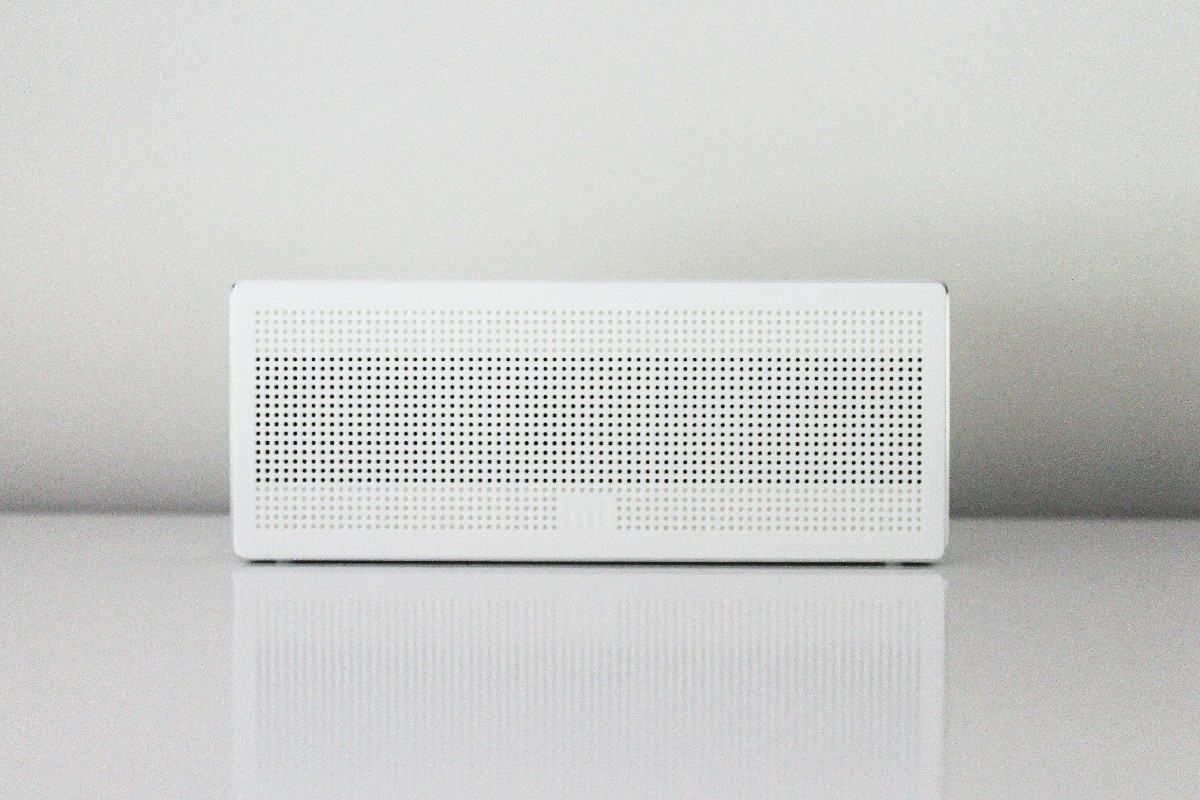
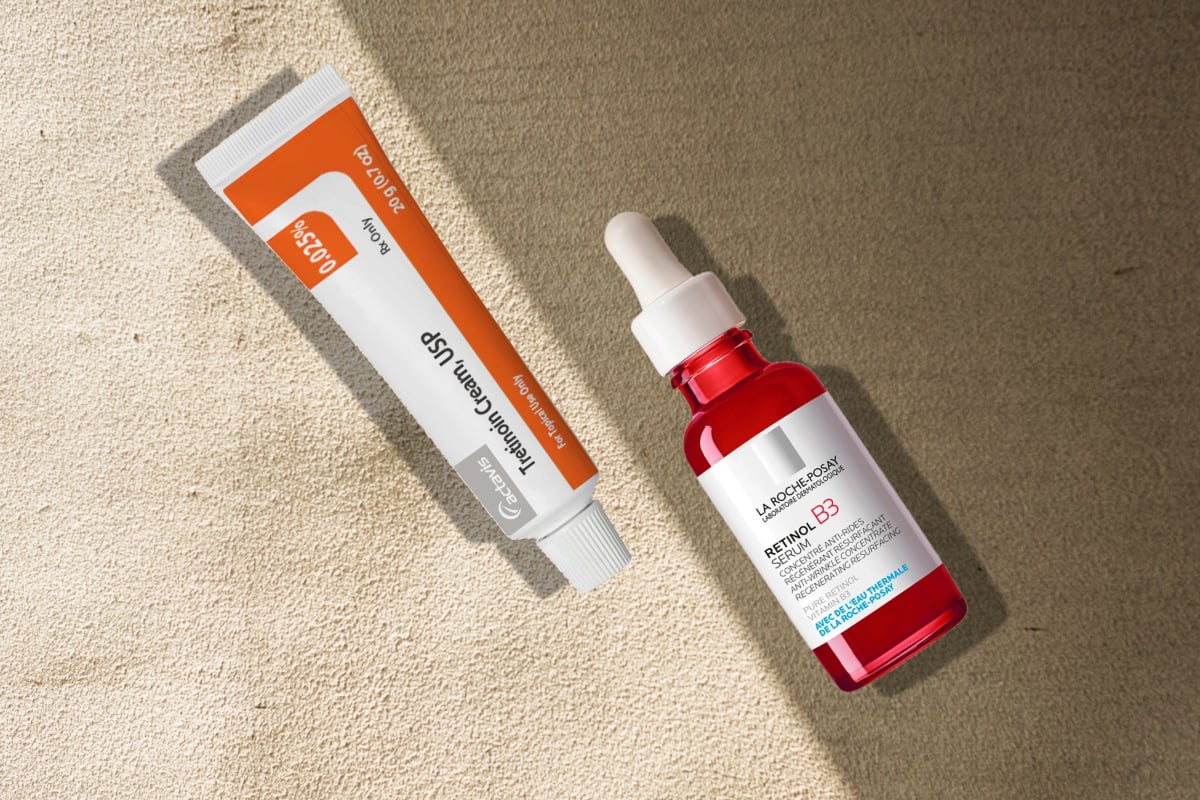
![Does resveratrol in red wine benefit your skin? While sipping on a glass of red wine can be a delightful experience, relying on it for skincare benefits is not the best idea. Sure, red wine contains a smidge of resveratrol, but let's put things into perspective. The concentration of resveratrol in red wine is relatively low. Red wines, specifically Pinot noir from France, typically contain 0.361-1.972 mg of resveratrol per liter.[8] To hit that reference dose of 500mg of resveratrol, you'd need to drink a lot of wine. We're talking about downing anywhere from 100 to 1000 glasses per day. It's a scene straight out of a wine lover's wildest dreams, but definitely not the healthiest approach. Resveratrol Benefits for Skin](https://womensconcepts.com/wp-content/uploads/2022/03/Resveratrol-Benefits-for-Skin.jpg)


